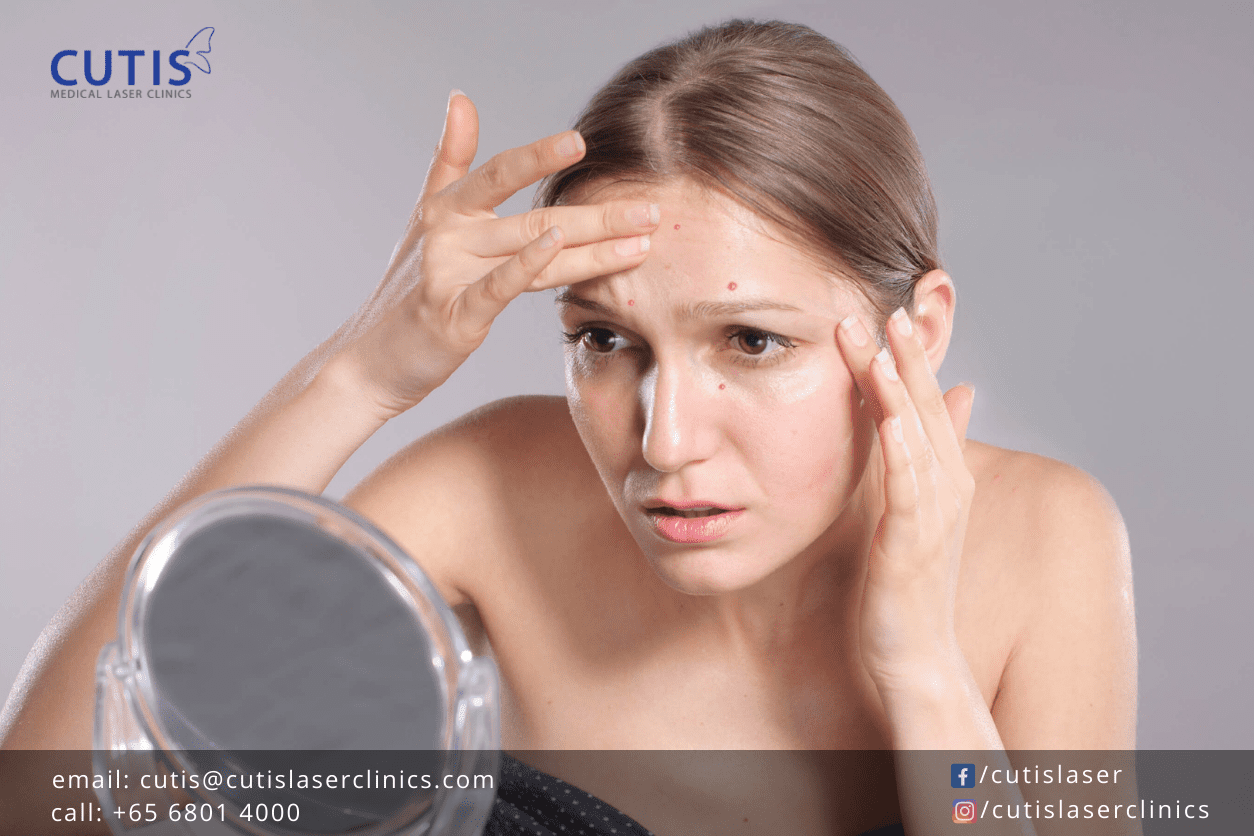
Sunscreen is not just for the summer. Regardless of the weather, you still need to wear SPF, as the UV rays from the sun can penetrate the clouds and get absorbed by your skin. The American Academy of Dermatology suggests wearing sunscreen with an SPF 30 or higher, water-resistant, and has broad-spectrum coverage.
While there is no doubt about the importance of wearing sunscreen, you need to make sure that the one you’re using is safe and effective. Sunscreens do expire and wearing a product that has gone bad is ineffective and can even increase your risk of sunburn, skin damage, and skin cancer.
How long do sunscreens last?
Each bottle of sunscreen should have a stamped expiration date. If you can’t see yours, it is probably because the ink has been rubbed off due to sweat or water. In a case like this, it is helpful to know that most sunscreens have a shelf-life of about three years. This, however, can still depend on how you use and store the product.
If you, for instance, store your sunscreen in a dark place, away from direct sunlight and heat, you can expect it to remain effective for a few years. If you, however, leave it anywhere you want (or inside a hot car), your sunscreen can absorb UV rays, which will then cause the chemicals in it to break down. This will make the product ineffective.
How to tell if your sunscreen is expired
It’s easy to tell through the expiration date on the label. The label, however, can be erased or rubbed off over time. Some SPF products can also go bad long before their official expiration date if they are stored improperly. Below are the ways to tell if your sunscreen has gone bad:
- Discoloration – If you notice a yellowish or brownish color in your sunscreen, it is probably better to toss the bottle. Sunscreens, especially chemical ones, have unstable molecules that can break down when exposed to air and sunlight. That color change is also a sign of oxidation, which reduces the product’s efficacy.
- Weird or odd smell – When sunscreens go bad, they can emit an off-putting smell and become discolored. If you constantly leave the bottle out in the open or handle it with dirty hands, it can invite in or attract bacteria. While the SPF in the product may still be active, using a weird-smelling SPF can increase your risk of breakouts or bacterial infections.
- Textural changes – If your sunscreen has become more watery or oily, it is best to toss it out. Expired products tend to clump or have ingredients that look separated. If the one you’re using has thin or watery consistency, it is likely to be ineffective and you may not be able to apply it evenly on your skin.
Why it isn’t okay to use expired sunscreen
As previously mentioned, such products are ineffective and won’t offer you enough protection. Many sunscreens also contain active ingredients that can disintegrate in the sun over time. This can then lessen the product’s efficacy and make your skin more prone to:
- Sunburn
- Dark spots or hyperpigmentation
- Signs of aging (lines and wrinkles)
- Developing skin cancer
In case you need another reason to discard your bottle, expired sunscreens are likely to be contaminated with bacteria. They can cause skin reactions and put you at increased risk for:
- Acne or breakouts
- Skin irritation
- Bacterial skin infection
- Allergies or allergic reactions
Do take note
If you’ve been using the same sunscreen for years now, it pays to look for its expiration date and look for signs that it has gone bad. You can also choose to buy a new bottle every year to make sure that it is effective and working. And if you’re in the market for a new sunscreen, you might want to consider our clinic’s own product: Clear Defense SPF 45 with Broad-Spectrum.
This formula contains a blend of active ingredients that protect you against UV and infrared damage. Clear Defense has zinc oxide that blocks UVA and UVB radiation, as well as niacinamide for a smoother and clearer complexion. Other benefits include:
- Fast absorbing, leaves no residue
- Reduces redness, blotchiness, and hyperpigmentation
- Improves the appearance of lines and wrinkles
- Helps increase skin firmness and elasticity
- Ideal for normal, sensitive, oily, and mature skin
Check out our previous blog to know what features to look for when buying face sunscreen.
Apart from using the right sunscreen, it is also important to practice other sun protection measures. These include seeking shade or using an umbrella, wearing protective clothing, and limiting sun exposure, especially during peak hours.
To learn more about our medical-grade skincare products and nonsurgical aesthetic treatments, browse our website. You can also contact Cutis Medical Laser Clinics in Singapore to book a consultation or appointment with our aesthetic doctor.
- If you would like to be an informed patient, please contact us at +65-6801-4000 or
hello@cutislaserclinics.com. - Cutis Medical Laser Clinics, 9 Scotts Road Pacific Plaza, Scotts Medical Center #08-07, Singapore – 228210
+65-6801-4000 - hello@cutislaserclinics.com
